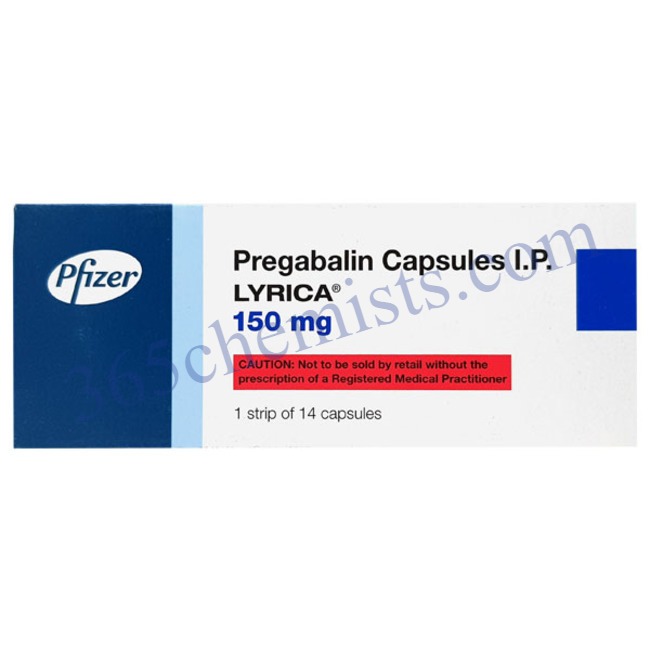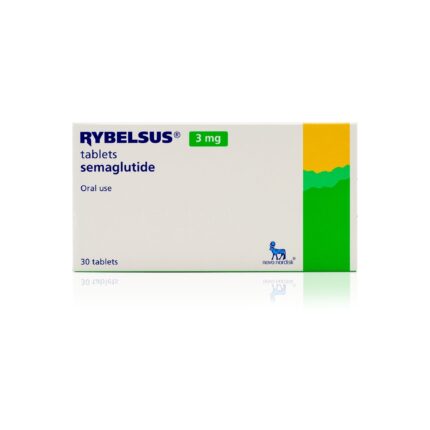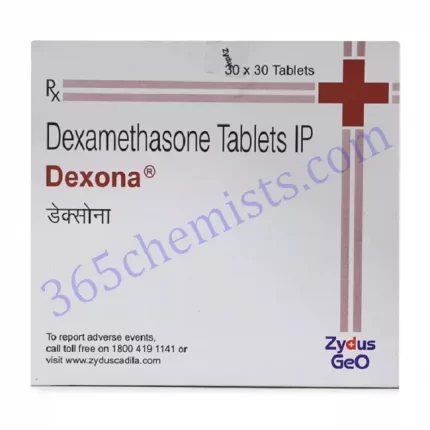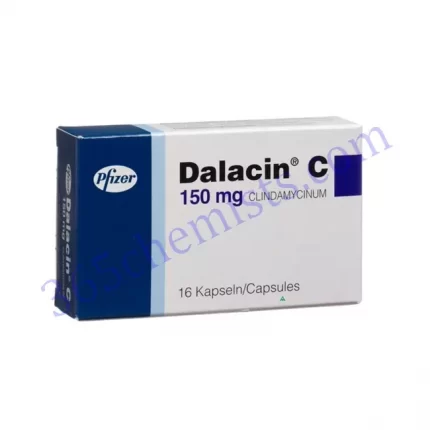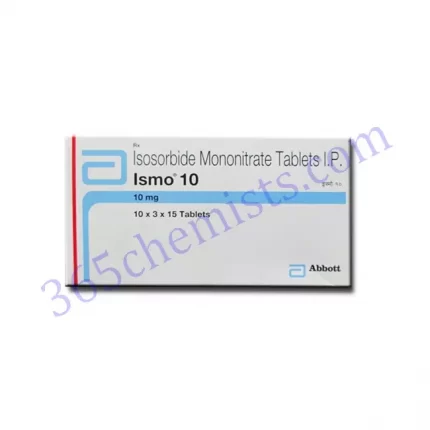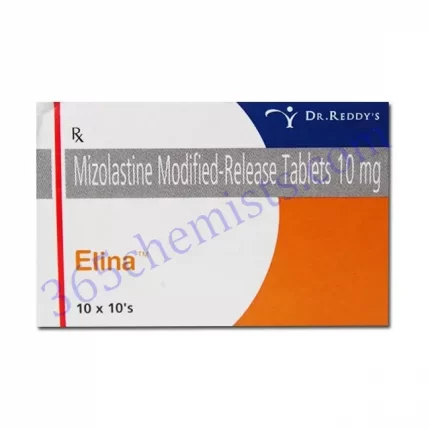Lyrica 150 Capsule (Pregabalin 150mg): A Comprehensive Overview
Pregabalin 150 mg, the active ingredient in Lyrica 150 Capsule, is a commonly prescribed drug that is well-known for its effectiveness in treating a range of neurological conditions. The active component of this formulation, pregabalin, is a member of the anticonvulsant or antiepileptic drug class. Its therapeutic effects in reducing neuropathic pain, seizures, and other associated diseases are attributed to its modulation of specific neurotransmitter activity in the brain.
Understanding Pregabalin and its Mechanism of Action
Pregabalin binds to the alpha-2-delta subunit of central nervous system voltage-gated calcium channels to produce its pharmacological actions. Because of this interaction, the release of neurotransmitters such as substance P, noradrenaline, and glutamate is inhibited, which in turn lowers neuronal excitability. Pregabalin treats patients with neuropathic pain and seizures by reducing hyperexcitability in the neurological system, which relieves the symptoms associated with these crippling illnesses.
Indications for Lyrica 150 Capsule
Pregabalin 150 mg, also known as Lyrica 150 Capsule, is used to treat a number of neurological conditions, such as fibromyalgia, postherpetic neuralgia, and neuropathic pain linked to diabetic neuropathy. It is also authorised for use as an adjuvant treatment for people with epilepsy who have partial-onset episodes. Pregabalin’s wide range of indications demonstrates how adaptable it is as a treatment for many neuropathic disorders.
Administration and Dosage
The suggested Lyrica 150 Capsule dose may change based on the particular condition being treated as well as the unique patient’s characteristics, including age, renal function, and concurrent pharmaceutical use. The starting dose for neuropathic pain situations is usually 150 mg, given orally twice a day, and the dosage is adjusted according to the patient’s reaction and tolerability. The suggested starting dose for adjunctive therapy for partial-onset seizures is 150 mg twice a day, with the possibility of upward titrating to a maximum of 600 mg daily if necessary.
Adverse Effects and Precautions
Although Lyrica 150 Capsule is usually well tolerated, patients should be warned that it has certain side effects. Dizziness, sleepiness, dry mouth, impaired vision, and weight gain are common adverse effects. Patients using pregabalin should be cautious when doing tasks that call for mental attentiveness since it might make them drowsy and affect their cognitive abilities. Furthermore, it’s best to avoid stopping Lyrica 150 Capsule abruptly to avoid withdrawal symptoms including headaches, nausea, anxiety, and sleeplessness. Patients with a history of substance addiction or dependency require close observation.
Drug Interactions
There is a chance that Lyrica 150 Capsule will interact with other drugs, either decreasing their effectiveness or raising the chance of negative side effects. Pregabalin’s sedative effects may be intensified by concurrent use of central nervous system depressants, such as opioids or benzodiazepines, requiring dosage modifications or careful monitoring. Pregabalin may also intensify the effects of some antihypertensive medications, resulting in an excessive reduction of blood pressure. To reduce the possibility of drug interactions, patients should disclose to their healthcare practitioner all drugs, including over-the-counter, prescription, and herbal supplements.
Special Populations
To prevent Pregabalin buildup and reduce the risk of side effects, dosage changes may be required in some groups, such as the elderly, patients with renal impairment, or those with hepatic dysfunction. Prior to starting medication and then on a regular basis afterward, renal function should be evaluated because pregabalin is mostly eliminated intact through the urine. Furthermore, because there is less information on Lyrica 150 Capsule’s safety in these groups, care should be used while administering the medication to expectant or nursing mothers.
Potential Future Developments
There may be further breakthroughs in the comprehension and management of diseases for which Lyrica 150 Capsule is suggested as neurology and pharmacology continue to evolve. Novel molecular pathways being targeted by emerging medicines or novel drug delivery methods may provide better therapeutic alternatives with better tolerance and effectiveness characteristics. Furthermore, continuing clinical trials might reveal novel uses for pregabalin, extending its present range of therapeutic applications and offering patients with refractory neurological illnesses hope.
Patient Education and Counseling
Thorough patient education and counselling are essential to guaranteeing Lyrica 150 Capsule medication is effective. Healthcare professionals should take the time to clearly and understandably explain the medication’s mode of action, potential advantages, and common adverse effects. It is important to support patients and their carers in raising concerns, asking questions, and actively participating in treatment choices. Optimising treatment results and enhancing patient satisfaction may be achieved by highlighting the significance of drug adherence, frequent follow-up sessions, and lifestyle adjustments.
Conclusion
To sum up, Lyrica 150 Capsule (pregabalin 150 mg) is still a useful treatment choice for those with fibromyalgia, neuropathic pain, and seizures. Healthcare professionals managing these complicated neurological diseases choose it because of its mechanism of action, wide range of indications, and manageable side effect profile. To ensure that patients receive the best possible treatment outcomes, care must be taken to keep an eye out for side effects, medication interactions, and the need for customised dosage schedules. For those impacted by neurological illnesses, Lyrica 150 Capsule continues to be essential in enhancing quality of life via appropriate education, vigilant supervision, and cooperative care.

